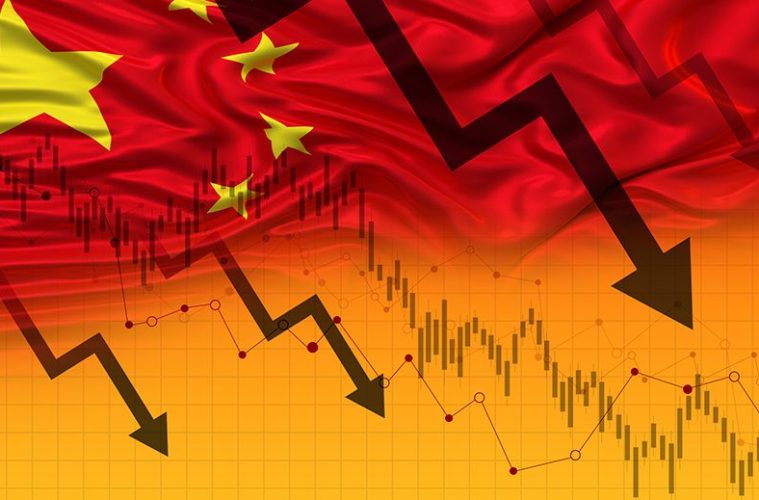U.S. soybean and pork exports to China fell sharply. Pork purchases fell 72% on April 24 compared to the week of April 14. Analysts predict – due to China’s cancellations of purchases – downward pressure on US agricultural commodity prices if this trend were to continue. The global trade war and tariff hikes between the U.S. and China, reaching 145% and 125% respectively, are having a significant impact on U.S. agricultural exports. Chinese demand for soybeans, which accounts for 60% of U.S. soybean exports, is hard to replace. Fluctuations in Chinese tariffs and demand make the forecasts for agricultural markets uncertain.
The potential effects of China’s reduction in U.S. pork and soybean imports could include:
- A decrease in Chinese demand can lead to overproduction in the US market, which could further lower the prices of agricultural commodities.
-
-
- Uncertainties surrounding trade relationships and tariffs can cause significant price fluctuations, making markets more volatile.
- Traders can react quickly to news about China’s purchases, leading to speculative movements in the markets, which can increase price volatility.
-
- If commodity prices fall, it could affect farmers’ profit margins, prompting them to reduce production, which in turn could influence prices in the long run.
-
-
- A drop in soybean and pork prices can also influence the prices of other agricultural and food products, due to the interconnectedness of markets.
-
- A fall in prices could affect employment in the agricultural sector, with economic consequences in regions dependent on agriculture.
Source ; The Wall Street Journal




